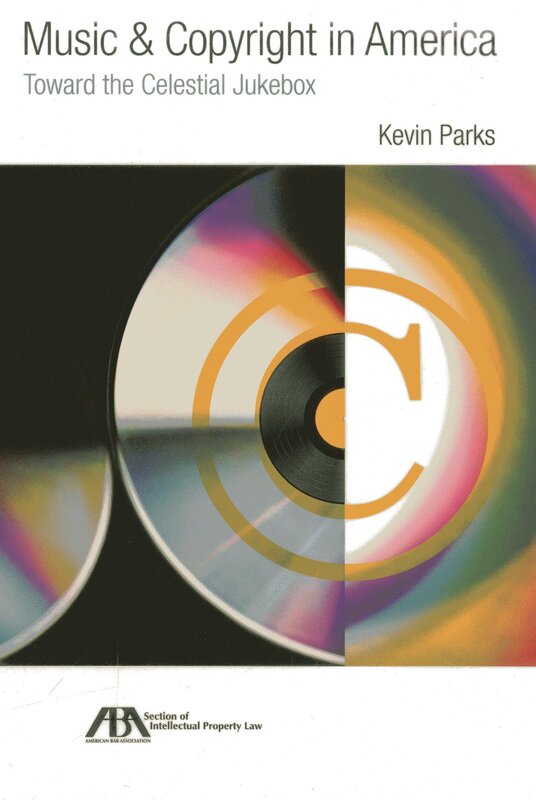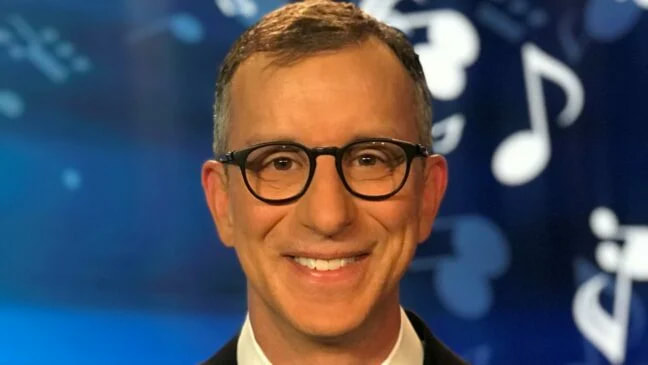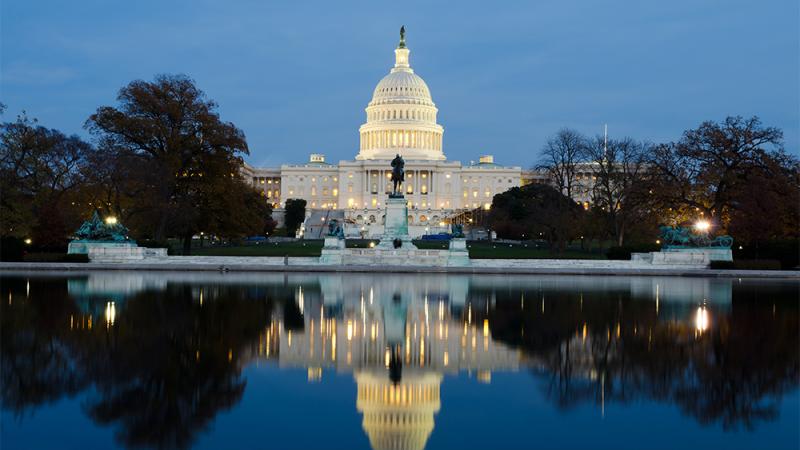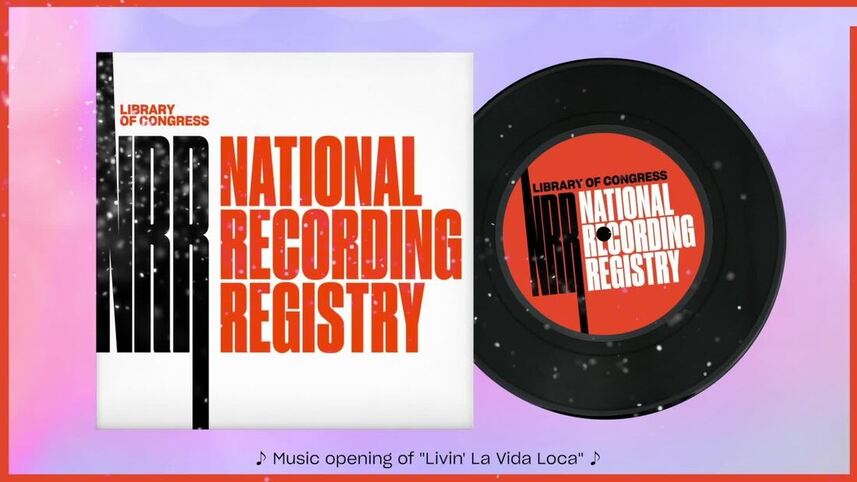0 Comments
A long way to go yet but movement in the right direction! "House Judiciary Committee Approves Bill Requiring Radio Stations to Pay Royalties to Performers"
The American Music Fairness Act would still have to go through the full House, as well as meet approval from the Senate and the president, to be signed into law. READ FULL ARTICLE → By Thania Garcia, Chris Willman Once a client's initial claims are established, most neighboring rights agents just "set it and forget it."
Not us. At Soundtracker, "initial claims" are just that, a first step toward monitoring and building your repertoire consistently over time. We're fanatical about it. Want proof? Since 2019 we've grown our existing clients' neighboring rights claims by over 300%. Contact us to learn more about our hands-on approach to maximizing your collections. Who's watching your royalties? National Recording Registry Inducts Music from Alicia Keys, Ricky Martin, Journey and More in 20225/19/2022 Recordings by Bonnie Raitt, Linda Ronstadt, Queen, A Tribe Called Quest, Wu-Tang Clan and Broadcaster WNYC on 9/11 Also Among 25 Selected for Preservation Alicia Keys’ debut album “Songs in A Minor,” Ricky Martin’s “Livin’ La Vida Loca” and Journey’s “Don’t Stop Believin” are some of the unforgettable sounds of the nation’s history and culture joining the National Recording Registry of the Library of Congress. The 2022 class includes important inductions of hip-hop and Latin music, including recordings by Linda Ronstadt, A Tribe Called Quest, Wu-Tang Clan and Buena Vista Social Club. Librarian of Congress Carla Hayden today named 25 recordings as audio treasures worthy of preservation for all time based on their cultural, historical or aesthetic importance in the nation’s recorded sound heritage. “The National Recording Registry reflects the diverse music and voices that have shaped our nation’s history and culture through recorded sound,” Hayden said. “The national library is proud to help preserve these recordings, and we welcome the public’s input. We received about 1,000 public nominations this year for recordings to add to the registry.” The recordings selected for the National Recording Registry bring the number of titles on the registry to 600, representing a small portion of the national library’s vast recorded sound collection of nearly 4 million items. Media Contact: Brett Zongker, [email protected]
Public Contact: Steve Leggett, (202) 707-5912, [email protected] Website: National Recording Registry, loc.gov/recording PR 22-026 04-13-22 ISSN 0731-3527 February 15, 2022, marks the 50th anniversary of federal copyright protection for sound recordings—due cause for celebration, but also for reflection on the state of music copyright. Obscure to most, the distinctions between the two kinds of music copyright – for songs on the one hand, and sound recordings on the other – undergird the modern music business. In 1831, Congress extended U.S. copyright law to recognize the art of putting notes (and lyrics) together in sequence to form compositions, or songs, laying the seedbed in which early American songwriters, including Stephen Foster (1826-1864), the nation’s first songwriting superstar, and the nascent music publishing industry as a whole, would grow and flourish. Over time, Congress expanded music copyright protections to accommodate for technological advances in methods for copying, distributing, and performing songs, and today, songwriters and music publishers enjoy very robust protections for their works, including the exclusive right of public performance. Through complex collective administration frameworks, publishing rights owners earn royalties each time their songs are performed in public—in bars and concert venues, on broadcast radio, and through the streaming and digital radio platforms that have revolutionized music consumption. The ability to record songs came later of course, but by the early Twentieth Century the first record manufacturers (and recording artists), were agitating for a separate sound recording copyright, to acknowledge the art (and expense) involved in music production and recording. The recorded music industry was growing rapidly, but copyright law protected only notes and lyrics, not sounds. In the 1950s production techniques improved dramatically, providing new tools to “make art” in the studio. Pop producers like Mitch Miller (1911-2010) became “artists” in their own right, and their “products” – sound recordings, or “masters” in modern parlance – were no longer subordinate to songs. The trend continued in the Sixties, as illustrated most famously by the Beatles, who abandoned the road for the studio, only to emerge with a sublime masterpiece of musical production, the densely textured, dream-like Sgt. Pepper’s Lonely Hearts Club Band (1967). The album’s thirteen songs were fully protected under U.S. copyright; the recordings were not. Rather than a sudden epiphany as to the art of studio production, it was an economic threat that finally convinced Congress to extend copyright protection to sound recordings. The same tech advances that favored producers also enabled copyists, and by 1970 record counterfeiters were hauling away $100 million annually, unpunishable under federal law. In June 1971 Wisconsin Representative Robert Kastenmeier (1924-2015) brought a hearing to order designed to attack “the subject of record piracy,” and following compelling testimony from Assistant Register of Copyrights, Barbara Ringer (1925-2009), the provisions were fast-tracked ahead of the balance of the omnibus revisions that would become the Copyright Act of 1976, and were signed into law on February 15, 1972. Thus, we celebrate the 50th birthday of sound recording copyright, but our singing is muted. As with music publishing, sound recording copyright was expanded (in 1995) to include an exclusive right of public performance, but only in the limited realm of so-called “digital audio transmissions” -- digital radio and internet streaming, not traditional broadcast radio. Sound recording proponents call this the “AM/FM Loophole,” accusing broadcasters of paying performance royalties only to music publishers, and nothing to the music labels and featured artists who create the complementary and essential, recorded product. On June 24, 2021, Representatives Ted Deutch (D-FL) and Darrell Issa (R-CA), introduced H.R. 4130, the American Music Fairness Act, the latest in a long line of legislative attempts to close the radio loophole and ensure that sound recording copyright owners and performers are compensated when their recordings are played on terrestrial radio. Sound recording copyrights have reached their mid-century mark; now it’s time to make them fully mature by recognizing an exclusive, and unfettered right of public performance, for broadcast radio and beyond. Kevin Parks
|
|



